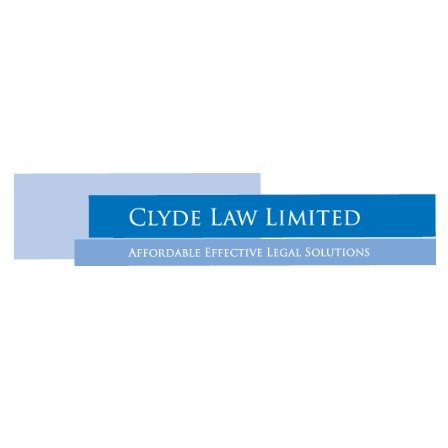Best Commercial Real Estate Lawyers in Hamilton
Share your needs with us, get contacted by law firms.
Free. Takes 2 min.
Free Guide to Hiring a Real Estate Lawyer
List of the best lawyers in Hamilton, New Zealand
About Commercial Real Estate Law in Hamilton, New Zealand
The commercial real estate sector in Hamilton, New Zealand, is under the purview of several New Zealand laws including the Property law Act 2007, Resource Management Act 1991, and the Building Act 2004, among others. These laws oversee real estate transactions, zoning, use of land, and property developments, making this sector's legal aspect complex and multifaceted. Understanding this legal framework is essential when investing, developing, or doing business in Hamilton's commercial real estate market.
Why You May Need a Lawyer
There are situations in commercial real estate dealings where the expertise of a lawyer becomes indispensable. This includes reviewing and negotiating lease agreements, advising on real estate transactions, compliance checks with land-use laws, assistance with zoning-related issues, property disputes, and acquiring, disposing and managing commercial properties. Furthermore, if you plan to make significant modifications to a commercial property you own or lease, legal advice can help ensure that you are complying with all necessary regulations and laws.
Local Laws Overview
The key aspects of local laws impacting commercial real estate in Hamilton focus on property transactions, zoning and land use. The Property Law Act 2007 stipulates the parameters of property dealings and protects parties involved in real estate contracts. The Resource Management Act 1991 oversees planning, zoning, environmental impacts, and utilization of resources. The Building Act 2004 ensures the safety and durability of building constructions. Hamilton's District Plan outlines what can be done on different types of land in Hamilton, and the Hamilton City Council is the primary authority regulating commercial property use within the city.
Frequently Asked Questions
What zoning laws apply to commercial properties in Hamilton?
Zoning laws divide the city into different zones, each with their own permitted activities and restrictions. Under the Hamilton City Council's District Plan, commercial properties can generally be used for retail, office, hospitality, entertainment, and service activities.
What are the procedures to buy or sell commercial property in Hamilton?
The process involves negotiation, due diligence, contract preparation and settlement. Buyers should thoroughly investigate potential properties to avoid any unforeseen complications. It is advisable to seek legal and real estate professional advice.
Can I change the use of a commercial property?
Yes, but this may require planning approval and/or a change in zoning, depending on the Hamilton City Council's district plans and zoning laws.
How do I resolve a dispute related to commercial property?
Depending on the nature and scale of the dispute, it may be resolved through negotiation, mediation, arbitration, or litigation. Legal assistance is essential in these situations.
What if I want to develop a property?
Property development must align with Hamilton’s District Plan rules. The Building Act 2004 also stipulates standards for construction. Legal and professional advice is suggested to ensure compliance.
Additional Resources
For further assistance, the Hamilton City Council website offers detailed information on local regulations and zoning. The Ministry of Business, Innovation and Employment has plenty of resources on building and resource consents, and the New Zealand Law Society can assist in finding a suitable lawyer.
Next Steps
If you need legal assistance, begin by identifying your specific concerns. Approach a reputable law firm specializing in commercial real estate. Prepare all relevant documents and be ready to discuss your case with your lawyer. Remember, legal advice is crucial to navigate the complex world of commercial real estate law, thus minimizing risks and potentially saving significant costs.
Lawzana helps you find the best lawyers and law firms in Hamilton through a curated and pre-screened list of qualified legal professionals. Our platform offers rankings and detailed profiles of attorneys and law firms, allowing you to compare based on practice areas, including Commercial Real Estate, experience, and client feedback.
Each profile includes a description of the firm's areas of practice, client reviews, team members and partners, year of establishment, spoken languages, office locations, contact information, social media presence, and any published articles or resources. Most firms on our platform speak English and are experienced in both local and international legal matters.
Get a quote from top-rated law firms in Hamilton, New Zealand — quickly, securely, and without unnecessary hassle.
Disclaimer:
The information provided on this page is for general informational purposes only and does not constitute legal advice. While we strive to ensure the accuracy and relevance of the content, legal information may change over time, and interpretations of the law can vary. You should always consult with a qualified legal professional for advice specific to your situation.
We disclaim all liability for actions taken or not taken based on the content of this page. If you believe any information is incorrect or outdated, please contact us, and we will review and update it where appropriate.

















